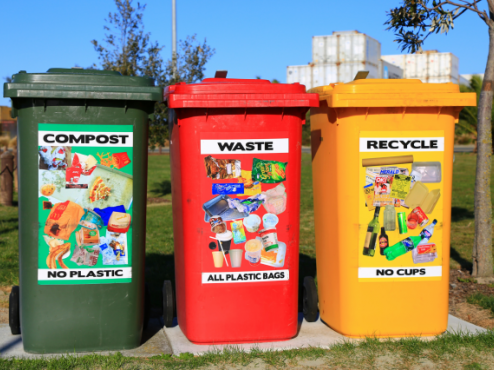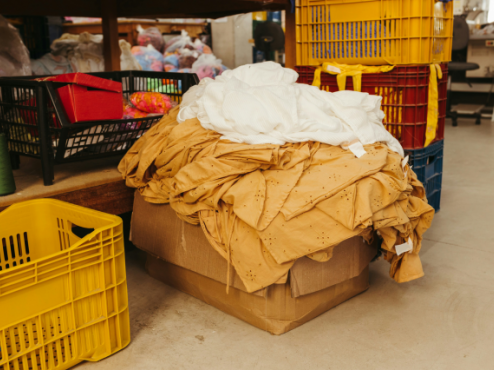Environmental Impact of Dishwasher Disposal and How to Minimize It
Introduction
When it's time to replace your old dishwasher, understanding the environmental impact of its disposal is crucial. Dishwashers contain various materials, some of which can be harmful to the environment if not disposed of properly. This article explores the environmental implications of dishwasher disposal and provides tips on minimizing your carbon footprint during this process.
1. Materials in Dishwashers
Dishwashers are composed of several materials, including:
- Metals: Stainless steel, copper wiring, and sometimes aluminum.
- Plastics: Used in parts like hoses, seals, and control panels.
- Electronics: Circuit boards and wiring.
- Insulation Materials: Often containing chemicals or materials like fiberglass.
2. Environmental Concerns
Improper disposal of dishwashers can lead to:
- Landfill Pollution: Plastics and non-recyclable components contribute to landfill waste.
- Toxic Leaching: Hazardous materials such as lead, mercury, and chemicals in insulation can leach into soil and groundwater.
- Resource Depletion: Metal resources are wasted when dishwashers are not recycled.
3. Minimizing Environmental Impact
To reduce the environmental impact of dishwasher disposal, consider these steps:
- Recycling Programs: Utilize recycling programs offered by appliance retailers or municipal recycling centers.
- Donation: Donate working dishwashers to charitable organizations or individuals in need.
- Proper Disposal: Follow local regulations for hazardous waste disposal when handling insulation materials or electronics.
4. Benefits of Recycling
Recycling your old dishwasher offers several environmental benefits:
- Conserves Resources: Recycling metals reduces the need for new raw materials.
- Reduces Landfill Waste: Prevents plastics and other non-biodegradable materials from entering landfills.
- Energy Savings: Recycling requires less energy than manufacturing new materials.
5. Finding Recycling Options
Research local recycling centers or scrap metal yards that accept large appliances. Some municipalities offer curbside pickup or scheduled drop-off days for appliances. Additionally, appliance retailers often provide recycling services when delivering new appliances.
6. Disposing of Hazardous Materials
Handle hazardous materials like insulation and electronics with care:
- Personal Protection: Wear gloves and eye protection when dismantling appliances.
- Proper Disposal: Follow local guidelines for disposing of hazardous waste at designated facilities.
Conclusion
Understanding the environmental impact of dishwasher disposal empowers you to make informed decisions that benefit both your household and the planet. By recycling or donating your old dishwasher, you can minimize waste and contribute to sustainable practices in your community. Remember to research local regulations and disposal options to ensure your old appliance is handled responsibly.
 Estate Cleanouts and Junk Hauling Services for Seniors
Estate Cleanouts and Junk Hauling Services for Seniors
Green junk hauling, downsizing, and estate cleanouts from Gone For Good are available throughout Northern Colorado. Unwanted belongings get a second chance with GFG, whether they go to our thrift stores, charity or get recycled- we can as much as we can out of the landfill.
Read More How to Recycle and Why You Should Do It
How to Recycle and Why You Should Do It
In today’s world, recycling has become an essential part of protecting our environment and conserving resources.
Read More Everything You Need to Know About Recycling Old Lawn Mowers
Everything You Need to Know About Recycling Old Lawn Mowers
Lawn mowers are essential tools in maintaining a lush, well-groomed lawn, but like any other machine, they don’t last forever.
Read More Bagster vs Dumpster: Buy a Dumpster Bag or Rent a Small Dumpster?
Bagster vs Dumpster: Buy a Dumpster Bag or Rent a Small Dumpster?
When it comes to tackling a significant cleanup project, whether it’s a home renovation, yard work, or just a major decluttering, disposing of the waste efficiently is crucial. Two popular options are buying a Bagster or renting a small dumpster. Both have their pros and cons, and the best choice depends on your specific needs. In this comprehensive guide, we'll compare Bagsters and dumpsters to help you make an informed decision.
Read More